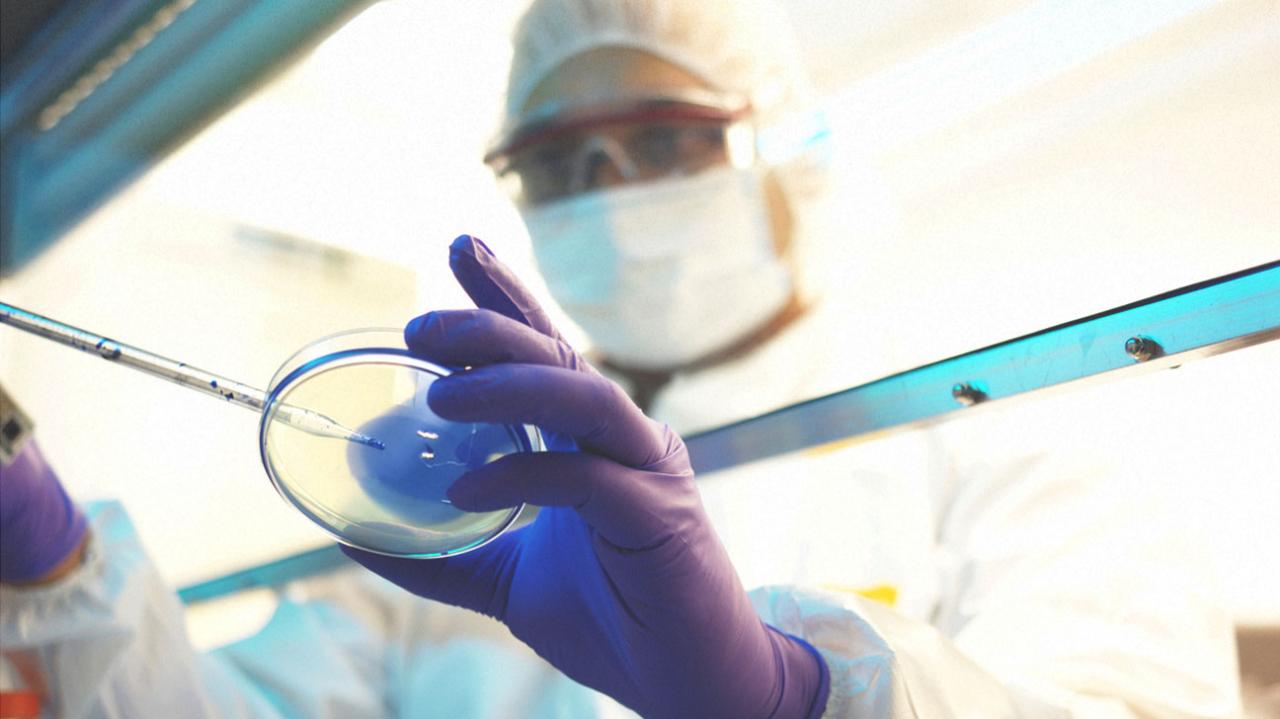Arthritis symptoms of joint pain and stiffness before age 40 can be frightening. There are many treatments, but no definitive cure. However, not all forms of arthritis are lifelong conditions. If you're age 20 to 40 and have symptoms in the knee, ankle, or foot, take heart. It may be reactive arthritis, which usually clears up within 3 to 12 months.
Reactive arthritis is a systemic inflammatory disorder triggered by an infection, usually of the genitourinary or gastrointestinal tract. When the infection is a sexually transmitted disease, inflammation of the urethra or cervix is one of the symptoms. Pain in the joints of one or both legs and feet occurs in 95% of cases. Eye inflammation occurs in 30% of cases.
The three symptoms of arthritis, eye inflammation, and urethra inflammation together are the classical definition of Reiter's syndrome. The American College of Rheumatology defines Reiter's syndrome more generally as an episode of arthritis in the limb(s) lasting for more than one month occurring in association with inflammation of the urethra or cervix. Reactive arthritis includes Reiter's syndrome and other cases of inflammatory arthritis, triggered by an infection at a distant site. There is a strong genetic susceptibility: individuals with the HLA B27 gene have a risk of developing reactive arthritis 50 times higher than others.
Mild cases of reactive arthritis often go undiagnosed, according to Reference 1. Severe cases are fairly rare, so the true incidence of reactive arthritis is unknown.
Diarrhea caused by bacterial infection is a common trigger for reactive arthritis. There is no correlation between severity and duration of the diarrhea and the arthritis episodes. The arthritis starts within 4 weeks of acute diarrheal illness.
The treatment includes antibiotics for the triggering infection, physical therapy, and drugs to treat the joint symptoms. These include non-steroidal anti-inflammatories, corticosteroids, disease modifying antirheumatic drugs, and anti-TNF alpha therapy. Antibiotics generally have little effect on reactive arthritis once it gets started. Thus researchers believe the inflammatory process is self-perpetuating. Chlamydia-induced reactive arthritis, however, may include a persistent infection which should be treated with antibiotics, according to Reference 2.
HIV infection can also cause reactive arthritis, which has reported in up to 11% of HIV-infected patients. In this situation, anti-viral drugs are the primary treatment.
Most patients recover fully from reactive arthritis, but a few develop chronic arthritis. Predictors of severe disease include:
1. Arthritis of the hip
2. Lower back stiffness
3. Inflammation of the fingers
4. Onset at age < 16 years.
References:
1. Hamdulay SS et al, “When is arthritis reactive?” Postgrad Med J 2006;82:446-453.
2. Kwiatkowska B et al, “Reactive arthritis”, Pol Arch Med Wewn 2009;119(1-2):60-65.
Linda Fugate is a scientist and writer in Austin, Texas. She has a Ph.D. in Physics and an M.S. in Macromolecular Science and Engineering. Her background includes academic and industrial research in materials science. She currently writes song lyrics and health articles.





Add a CommentComments
There are no comments yet. Be the first one and get the conversation started!